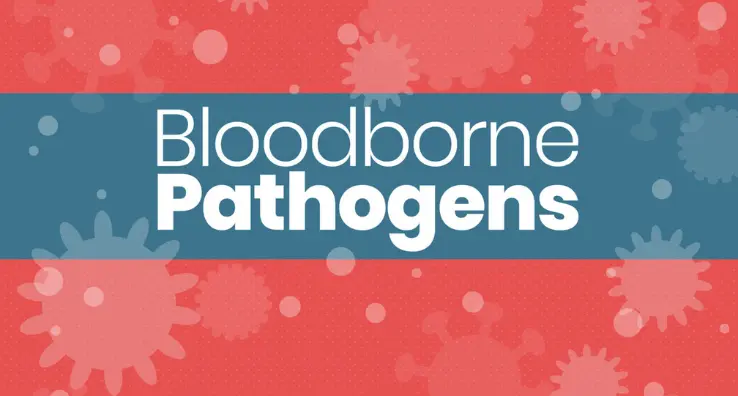Avoid Fallout from Foodborne –Related Outbreaks and Recalls

The food industry has seen significant fallout amid recent widely publicized foodborne illness outbreaks and recalls related to romaine lettuce and shell eggs. In USDA regulated facilities, there have been 6 recalls in the past month. Four of these were related to foreign matter contamination, one for E. Coli O157:H7 contamination and one for processing deviations.
The ongoing outbreak of E. coli O157:H7 associated with romaine lettuce has sickened nearly 100 people in 22 states, almost half of them requiring hospitalization. The Centers for Disease Control (CDC) has advised consumers to avoid romaine lettuce grown in the Yuma, AZ region, salad mixes containing romaine, or if they cannot identify the region where it was grown.
In addition Rose Acre Farms recalled over 200,000,000 eggs due to Salmonella contamination resulting in 23 illnesses with 6 hospitalizations in 9 states. A second Rose Acre Farms facility caused another recall subsequent to the initial recall.
Why So Many Foodborne-related Outbreaks?
With all the new regulatory requirements associated with FSMA and company’s emphasis on food safety, why do we continue to have so many outbreaks and recalls? Unfortunately, there is no silver bullet to make all food products safe. Most food products have inherent microbiological and chemical risks. Food companies are responsible to assure the safety of their products and regulators are responsible to verify compliance with food safety regulatory requirements. There are still too many failures on both sides resulting in continued outbreaks. “Based on the trends of the recent recalls, the food industry needs to be extremely sensitive to the potential magnitude of ingredient-driven recalls and the continued number of recalls due to undeclared allergens” said Laura Nelson, VP of Food Safety and Global Alliances for Alchemy.
FDA and FSMA Regulatory Oversight
The new FDA FSMA regulations including Produce Safety and the Preventive Control Rules should improve food safety. USDA has continued regulatory oversight of meat, poultry and egg products. The regulations provide an impetus to the food industry to comply with updated requirements. However, regulations without verification and enforcement are meaningless. Both regulatory agencies need to conduct frequent Food Safety Assessments to take action against bad players and keep the industry in check for compliance.
Certainly, the produce industry and shell egg industry will receive increased regulatory inspections and oversight as a reaction to these issues. Regulatory standards are established with the goal of preventing food safety issues with risk-based food safety systems so we need to remain focused on our goal.
Food Safety and Quality Systems Verification and Validation
Food companies must be diligent to design food safety systems that adequately identify and control all hazards. Even the best designed food safety systems must be effectively implemented to be successful. It’s not enough to say what you do — you must also do what you say to follow the programs as a method of verification.
Food Safety Plans must be regularly validated to assure they are indeed controlling hazards of concern. Examples of validation methods include:
- microbial testing
- supporting critical limits with scientific data
- effective internal audits
- trend analysis of record reviews.
Sufficient resources have to be dedicated for Quality Assurance personnel to complete these activities and assure regulatory compliance or utilize outside resources if necessary.
Food Safety and Regulatory Enterprise Risk Assessments
So, if food safety issues continue to get past the plants, regulatory authorities and third-party auditors, what is the next level of protection that is needed? Alchemy recommended companies perform a Food Safety and Regulatory Enterprise Risk Assessment at least annually. This process assesses risk based on company profile, at the corporate office, at the plant level and throughout the supply chain. Risk assessment can be laser focused on specific areas of risk such as allergens, microbial monitoring programs, supply chain, regulatory compliance, etc or implemented in whole.
Once risks are identified, they can be successfully mitigated. The beauty of this process is that you can truly assess and mitigate risks using confidential results without fear of repercussions from unacceptable audit scores or public regulatory enforcement actions. This process can be completed internally or using an unbiased third party for an objective result.
Final Thoughts on Avoiding Outbreaks and Recalls
Foodborne illness outbreaks are bad for consumers and businesses. There is a long list of companies that are no longer in business due to catastrophic product recalls. These outbreaks should be a wake-up call to the industry. Food safety systems require daily execution. It only takes one weak link such as an employee not following GMP’s, pest infestation or sanitation failure to lead to a major outbreak or recall.
Despite recent improvements with new regulatory requirements, we must continually press on to advance food safety. Companies should invest time and money now to validate their food safety systems. It’s also wise to research antimicrobial interventions and post lethality processes that add a greater margin of safety to our products. Let’s all do our part to reverse this trend and earn consumer confidence in our food supply.
Need help managing food safety in your company? Check out our food safety consulting services.





